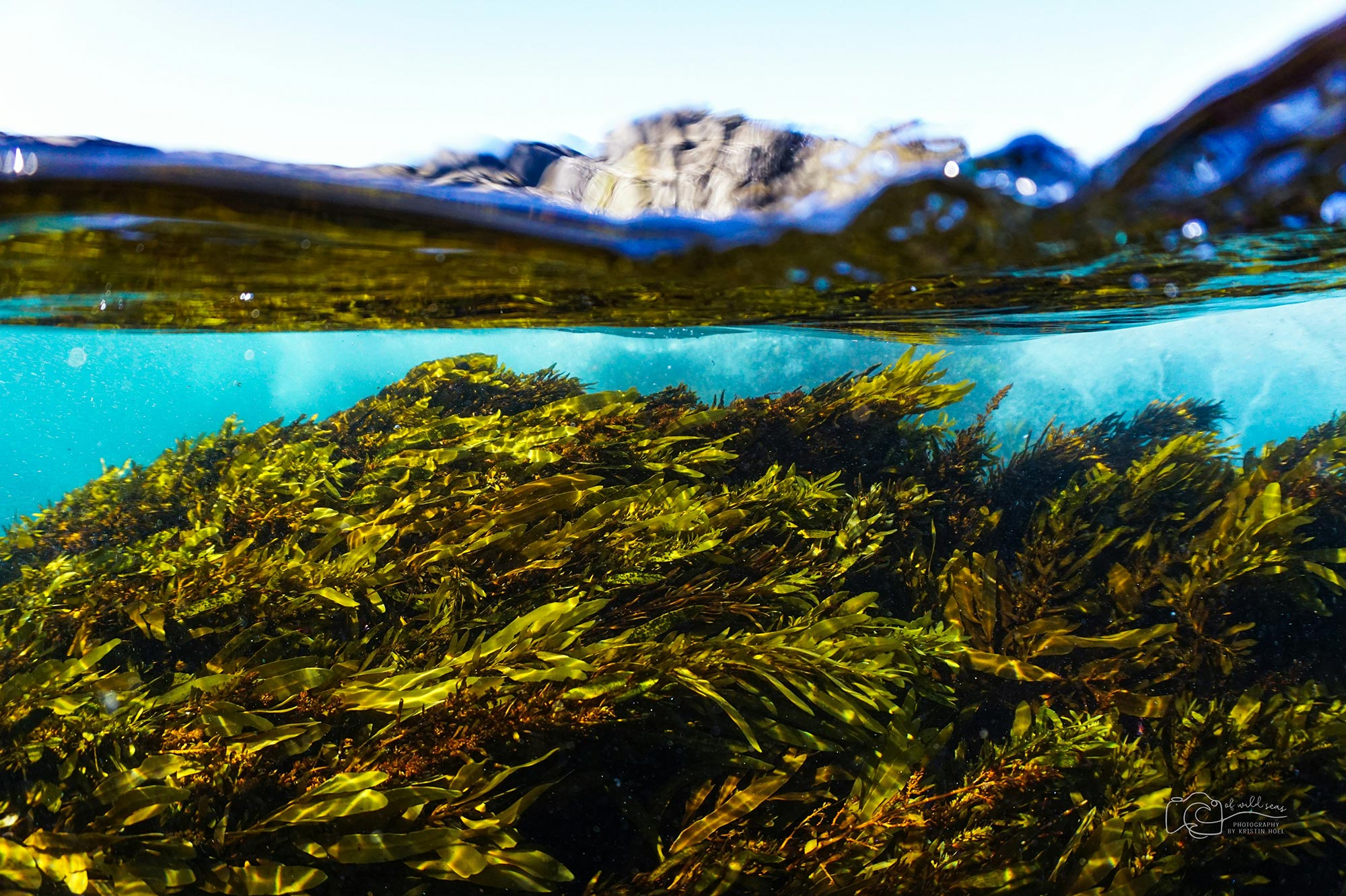Story
Ocean action is climate action: PML science contributes to latest ocean and climate action report
17 November 2025
The 2024-2025 Roadmap to Oceans and Climate Action (ROCA) report, released at COP30, highlights the critical role the ocean plays in combatting climate change but also the lack of appropriate financing.

The Roadmap to Oceans and Climate Action (ROCA) is a global initiative that began at the United Nations Framework Convention on Climate Change (UNFCCC) COP22 in Marrakech (2016).
The initiative aimed to unite governments, scientists, businesses and NGOs in advancing ocean and climate priorities, and to get the ocean formally included and integrated into the UNFCCC negotiations, which was achieved at COP25.
Originally a five-year project, its success led the Global Ocean Forum to continue publishing biennial reports. Each edition builds on previous insights, tracking progress across UN climate conferences, global policy platforms and national efforts.
The current 2024–2025 report offers the latest updates, highlights achievements, identifies gaps and recommends future actions to strengthen the ocean-climate action agenda worldwide.
The key messages from the ROCA report include:
- Ocean action is climate action: The ocean is a critical ally in combating climate change, absorbing carbon, regulating temperature and supporting life. Ocean-based solutions can deliver up to 35% of the mitigation needed for a 1.5°C pathway by 2050, yet they remain underfunded. The report calls for integrating ocean priorities into global climate strategies and negotiations under the UNFCCC.
- Scale-up ocean finance: Current climate finance for ocean-based solutions is insufficient. The report urges:
-
- Establishing a common methodology to track ocean-related climate finance.
- Embedding ocean measures in Nationally Determined Contributions (NDCs).
- Ensuring ocean priorities are reflected in the New Collective Quantified Goal (NCQG) and the Loss & Damage Fund.
- Mainstream Ocean Solutions Across All Climate Platforms: Ocean-based actions, such as blue carbon ecosystems, coastal resilience, and marine biodiversity protection, must be quantified and integrated in COP negotiations and national strategies. This approach will unlock finance, improve adaptation and strengthen global climate resilience.
Professor Ana Queirós, PML’s Ocean Challenge Lead for Climate Change, contributed to the ROCA report Introduction and chapters 1 and 5.
Professor Helen Findlay, Biological Oceanographer ay PML, also contributed to the Introduction along with chapters 1 and 4.
Professor Matt Frost, Head of PML’s International Office, contributed to Chapter 2.
Prof. Ana Queirós commented about the report:
“The ROCA report is an exceptionally important tool for anyone wanting to understand the role and the route to impact of the ocean within the United Nations Framework Convention on Climate Change. The ocean is the greatest carbon reservoir of our planet, and therefore a vital aid in climate regulation.”
“The Paris Agreement – which sets the world on curbing emissions to limit global warming to well below 2oC, for the safety of nature, people and our planet as we know it – is a very complex system. The ROCA report helps us understand progress to date at the ocean-climate nexus, from the global to the national context, where things are working, where large challenges remain, and what the international community as a whole is doing to address this.”
“It was inspiring to see so many initiatives reported on, but equally daunting to understand how much more work we need to do. PML prides itself on having contributed to all ROCA reports to date, and we were honoured to once more join this initiative”.
PML’s contributing authors on this report are participating at COP30. Read more here >>
Related information
2024-2025 Roadmap to Oceans and Climate Action (ROCA) report >>
